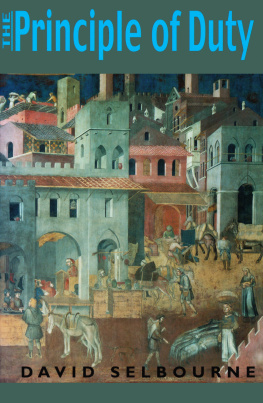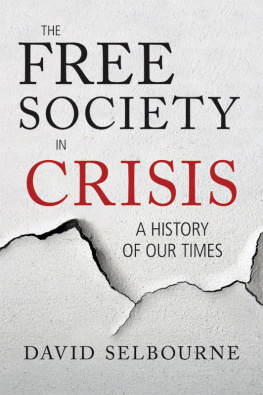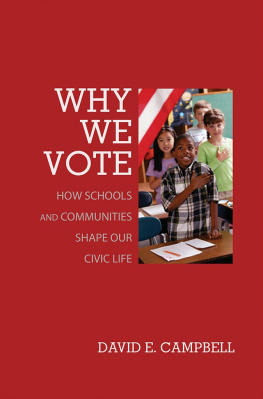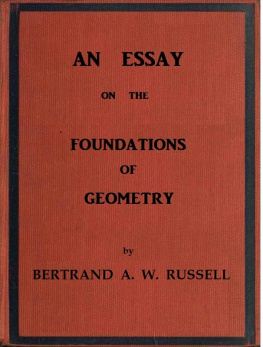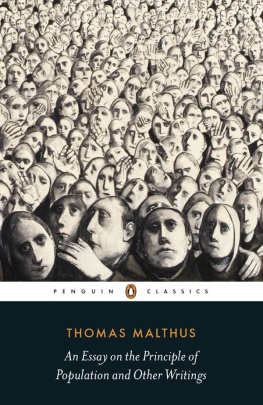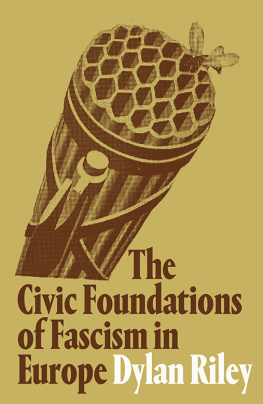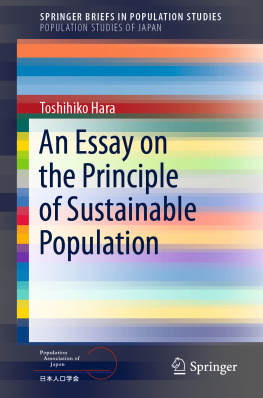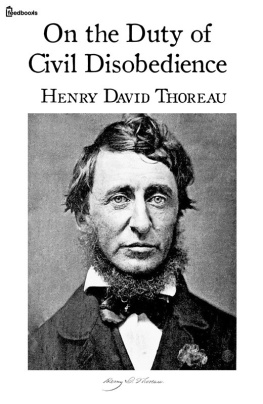David Selbourne - Principle of Duty: An Essay on the Foundations of the Civic Order
Here you can read online David Selbourne - Principle of Duty: An Essay on the Foundations of the Civic Order full text of the book (entire story) in english for free. Download pdf and epub, get meaning, cover and reviews about this ebook. year: 2001, publisher: University of Notre Dame Pess, genre: Politics. Description of the work, (preface) as well as reviews are available. Best literature library LitArk.com created for fans of good reading and offers a wide selection of genres:
Romance novel
Science fiction
Adventure
Detective
Science
History
Home and family
Prose
Art
Politics
Computer
Non-fiction
Religion
Business
Children
Humor
Choose a favorite category and find really read worthwhile books. Enjoy immersion in the world of imagination, feel the emotions of the characters or learn something new for yourself, make an fascinating discovery.
- Book:Principle of Duty: An Essay on the Foundations of the Civic Order
- Author:
- Publisher:University of Notre Dame Pess
- Genre:
- Year:2001
- Rating:5 / 5
- Favourites:Add to favourites
- Your mark:
- 100
- 1
- 2
- 3
- 4
- 5
Principle of Duty: An Essay on the Foundations of the Civic Order: summary, description and annotation
We offer to read an annotation, description, summary or preface (depends on what the author of the book "Principle of Duty: An Essay on the Foundations of the Civic Order" wrote himself). If you haven't found the necessary information about the book — write in the comments, we will try to find it.
Principle of Duty: An Essay on the Foundations of the Civic Order — read online for free the complete book (whole text) full work
Below is the text of the book, divided by pages. System saving the place of the last page read, allows you to conveniently read the book "Principle of Duty: An Essay on the Foundations of the Civic Order" online for free, without having to search again every time where you left off. Put a bookmark, and you can go to the page where you finished reading at any time.
Font size:
Interval:
Bookmark:
PRINCIPLE
OF DUTYDAVID SELBOURNE was born in London, the son of a doctor, and grandson of one of the greatest of modern rabbinical thinkers, Moshe Avigdor Amiel (1882-1945). He studied Latin and Greek at Manchester Grammar School, and Jurisprudence at Balliol College, Oxford, where he was Winter Williams Law Scholar and Honorary Exhibitioner, also gaining the Jenkins Prize and Paton Studentship. He has been a British Commonwealth Fellow at the University of Chicago, Aneurin Bevan Memorial Fellow, Senior Research Fellow at the Centre for the Study of Developing Societies in New Delhi, and for two decades taught the history of ideas at Ruskin College, Oxford. He is the author of numerous books, including Against Socialist Illusion (1985), Death of the Dark Hero (1990) and The Spirit of the Age (1993), and translator of Jacob of Anconas The City of Light (1997). He lives in Urbino, in the Marche region of Italy.
PRINCIPLE
OF DUTY
Foundations of the Civic Order
whether human affairs are worth serious
effort. And yet it is our unhappy lot
to take them seriously.
Laws, VII, 803.
must above all things be maintained as
the earthly soveraigne good of mankind,
let what or who will perish or be confounded;
for mankind must be preserved upon the earth.
Font size:
Interval:
Bookmark:
Similar books «Principle of Duty: An Essay on the Foundations of the Civic Order»
Look at similar books to Principle of Duty: An Essay on the Foundations of the Civic Order. We have selected literature similar in name and meaning in the hope of providing readers with more options to find new, interesting, not yet read works.
Discussion, reviews of the book Principle of Duty: An Essay on the Foundations of the Civic Order and just readers' own opinions. Leave your comments, write what you think about the work, its meaning or the main characters. Specify what exactly you liked and what you didn't like, and why you think so.

